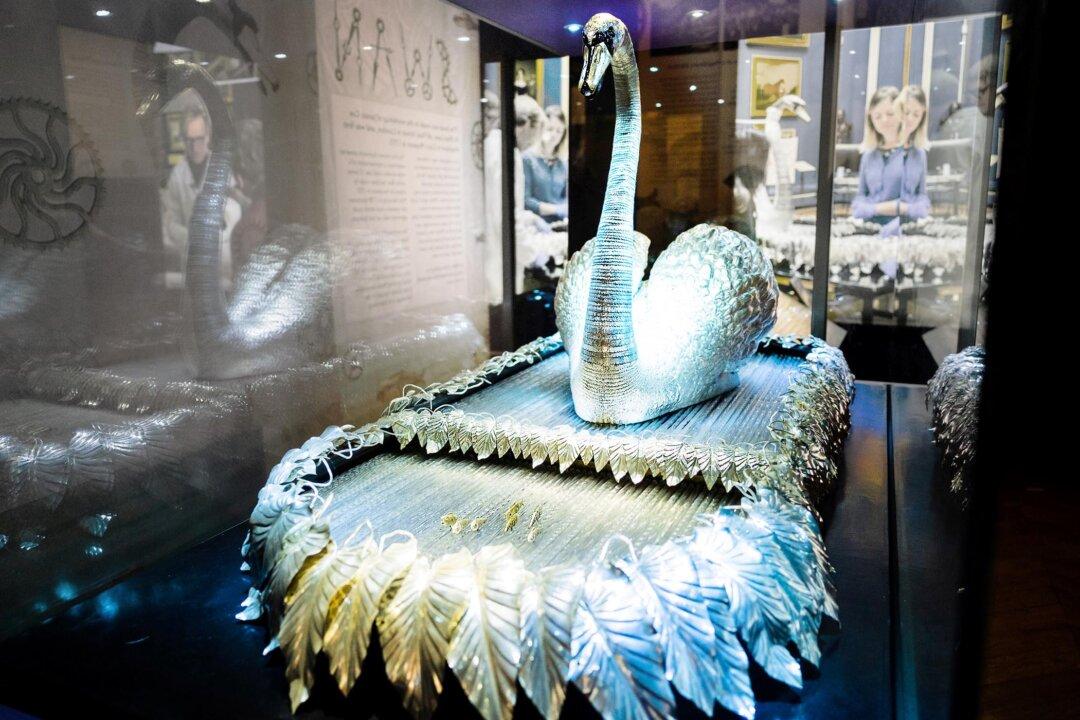An 18th-century clockwork swan is being brought back to life in time to celebrate its 250th birthday.
The Bowes Museum’s Silver Swan was built in 1773 and is made from 2,000 tiny moving parts.

An 18th-century clockwork swan is being brought back to life in time to celebrate its 250th birthday.
The Bowes Museum’s Silver Swan was built in 1773 and is made from 2,000 tiny moving parts.